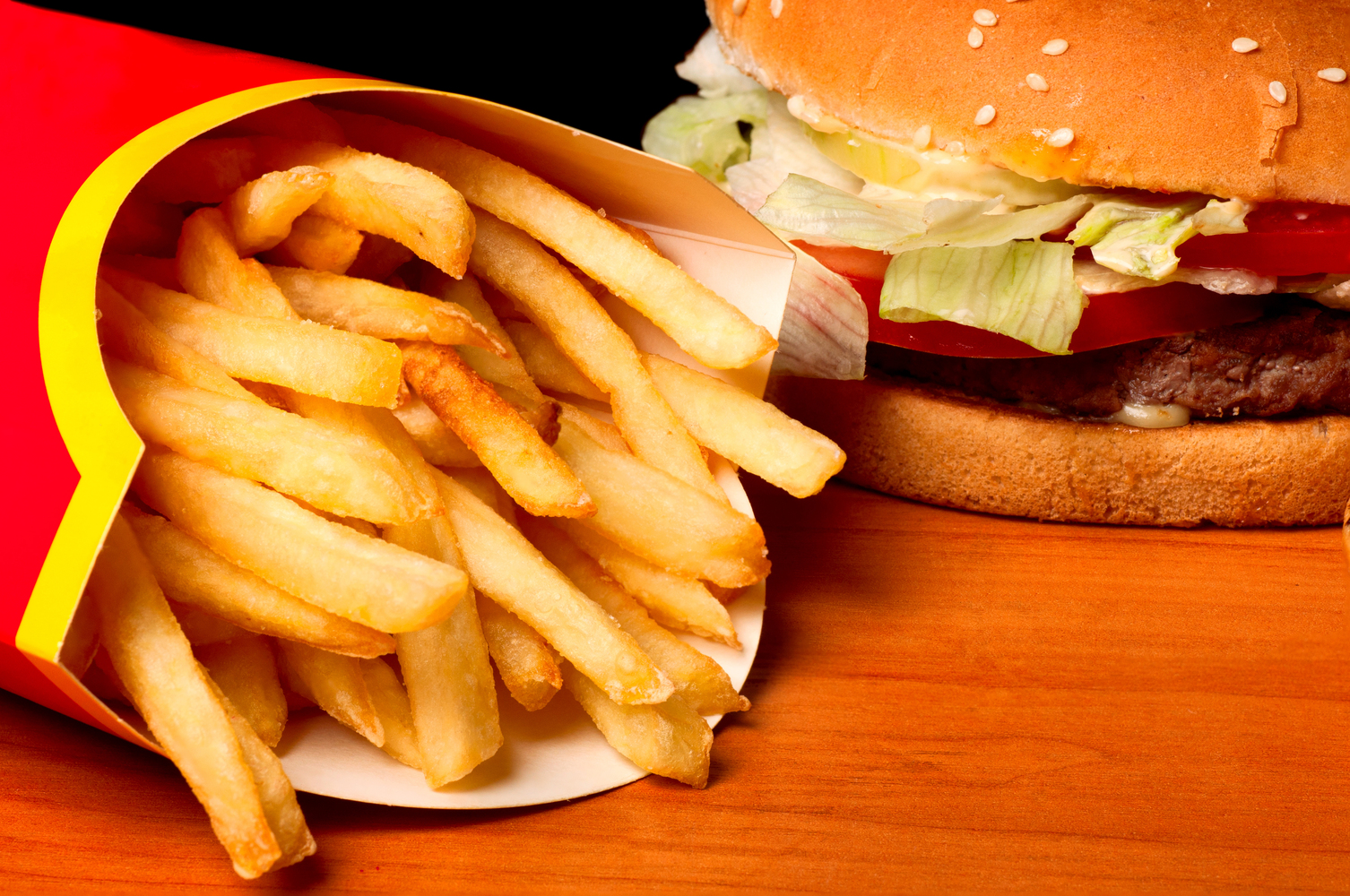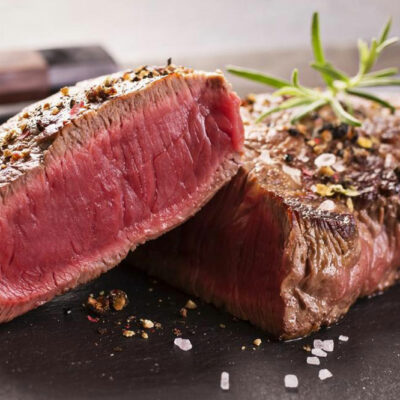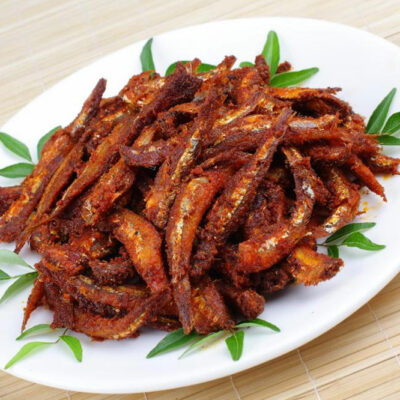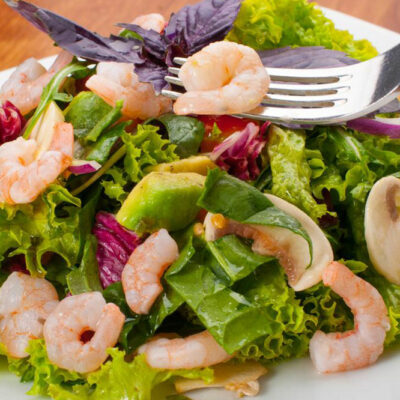
The 5 Worst Foods for Cholesterol
Cholesterol is essential in producing hormones and vitamin D. However, having high cholesterol levels in your body is a health risk. Cholesterol mainly falls into two categories: high-density lipoprotein (HDL) and low-density lipoprotein (LDL). When comparing LDL vs. HDL cholesterol, LDL is considered bad cholesterol since it transports cholesterol to the arteries. Therefore, LDL poses the risk of experiencing a stroke or heart attack. HDL is referred to as good cholesterol. It helps the body eliminate excess cholesterol.
Consumption of high-cholesterol foods increases the body’s bad cholesterol levels. For people suffering from non-communicable illnesses, it is crucial to maintain low levels of cholesterol. Thus, you should avoid these high-cholesterol foods by all means:
1. Fatty meats
Most of the fatty meats are red meat, which includes lamb and beef. However, pork also falls under the fatty meat category. Fatty meats contain saturated fats that increase the bad cholesterol in the body. An increase in the LDL poses a grave danger for people with high cholesterol levels. The high cholesterol levels point to the channeling of more cholesterol to the arteries. The build-up of cholesterol in one’s arteries increases the risk of blood clots. When blood clots break away, they may block the blood vessels hence reducing blood and oxygen supply. As a result, the brain or heart may be damaged, leading to a stroke or heart disease.
As an alternative for red meat, white meat, such as fish and chicken, can be consumed. Most of the white meat has less saturated fats. Therefore, it is safe for consumption by people with high cholesterol and those who want to prevent it. Successful prevention of high cholesterol levels requires one to avoid or reduce the intake of fatty meats.
2. Lard
Lard is the fat extracted from a pig’s abdomen or other fatty parts used in cooking. Most people prefer it for its rich taste and the flavor it adds to food. Lard is, however, rich in saturated fats, making it unsafe for people with high levels of cholesterol.
3. Shortening
Shortening is a saturated vegetable oil made from plant oils such as cottonseed, palm oil, and soybean. Most of these plant oils are naturally liquid at room temperature. When they undergo hydrogenation, the fats solidify to form shortening. Shortening gains its preference from its inexpensiveness and longer shelf life. No matter how enticing shortening may be, it is a trans-fat that encourages more LDLs in the body. It should, therefore, be avoided or used in small quantities.
4. Dairy products
Dairy products are foods obtained from the milk of mammals. The dairy products can be whole such as whole milk or be reduced, such as skim and buttermilk. Other dairy products include cheese, yogurt, and ice cream. These products are high in cholesterol since they mainly constitute saturated fats. If you have high levels of cholesterol, you should avoid these products as much as you can.
5. Trans fatty foods
Trans-fats are solidified vegetable oils through the artificial process of hydrogenation. Deep-fried or fast foods and processed pastries are rich in trans-fats. Trans-fats raise your bad cholesterol while lowering your good cholesterol. High LDL levels contribute to the build-up of cholesterol in your arteries. It, therefore, increases the chance of having a stroke or heart disease. If you want to lower your cholesterol levels, do not consume fast foods or processed pastries.


